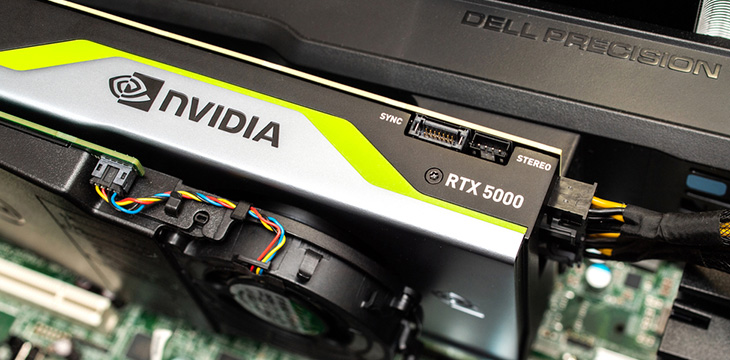|
Getting your Trinity Audio player ready...
|
United States-based chip maker Nvidia (NASDAQ: NVDA) could re-enter mainland China following emerging reports that the semiconductor manufacturer is preparing a new artificial intelligence (AI) chip for the country.
Sources familiar with the matter said Nvidia will proceed with a new line of AI chips tailored for the Chinese market, but exact specifications remain undisclosed. Dubbed the B20, the new flagship model is intended to form part of the Blackwell chip series, which is scheduled for mass production by the end of 2024.
Nvidia will reportedly leverage its existing partnerships in China to introduce the chips to enterprise consumers. The firm is expected to collaborate with Chinese tech giant Inspur to roll out and distribute the chip, continuing a seven-year partnership between both entities.
The incoming B20 chips are said to be 30x faster than previous chips introduced to the Chinese market and demonstrate proficiency in supporting the development of large language models (LLMs).
However, the B20 chip will be less advanced than its peers in the series due to existing U.S. trade sanctions against the East Asian country. To circumvent the semiconductor embargo, Nvidia is opting to tailor chip designs that comply with the ban, shipping mid-tier AI chips to its Chinese users.
Both Inspur and Nvidia declined to give an official statement on the matter, but sources say the latter is keen on maintaining its market share in China.
Both countries have been embroiled in a cold war, with the North American nation banning the sale of high-end AI chips to China due to national security concerns. Since the ban, China has peered inward to solve its rising AI chip demand by supporting local chip manufacturing and emerging technology firms.
The Asian superpower is reportedly favoring a high-volume, low-cost approach to chip design, but analysts suggest that Nvidia’s incoming offering will still reach enterprise consumers, given its compatibility, price and capabilities.
Still knee-deep in China
Since the ban on the sale of high-end chips to China, Nvidia has released a series of mid-range AI chips for the Chinese market with varying degrees of success.
In January, the firm unveiled a gaming chip in compliance with U.S. controls, proceeding with two more chips for Mainland China.
“Nvidia can, will, and should sell AI chips to China because most AI chips will be for commercial applications,” said U.S. Commerce Secretary Gina Raimondo. “What we cannot allow them to ship is the most sophisticated, highest-processing power AI chips, which would enable China to train their frontier models.”
In order for artificial intelligence (AI) to work right within the law and thrive in the face of growing challenges, it needs to integrate an enterprise blockchain system that ensures data input quality and ownership—allowing it to keep data safe while also guaranteeing the immutability of data. Check out CoinGeek’s coverage on this emerging tech to learn more why Enterprise blockchain will be the backbone of AI.
Watch: Transformative AI applications are coming

 02-15-2026
02-15-2026 




